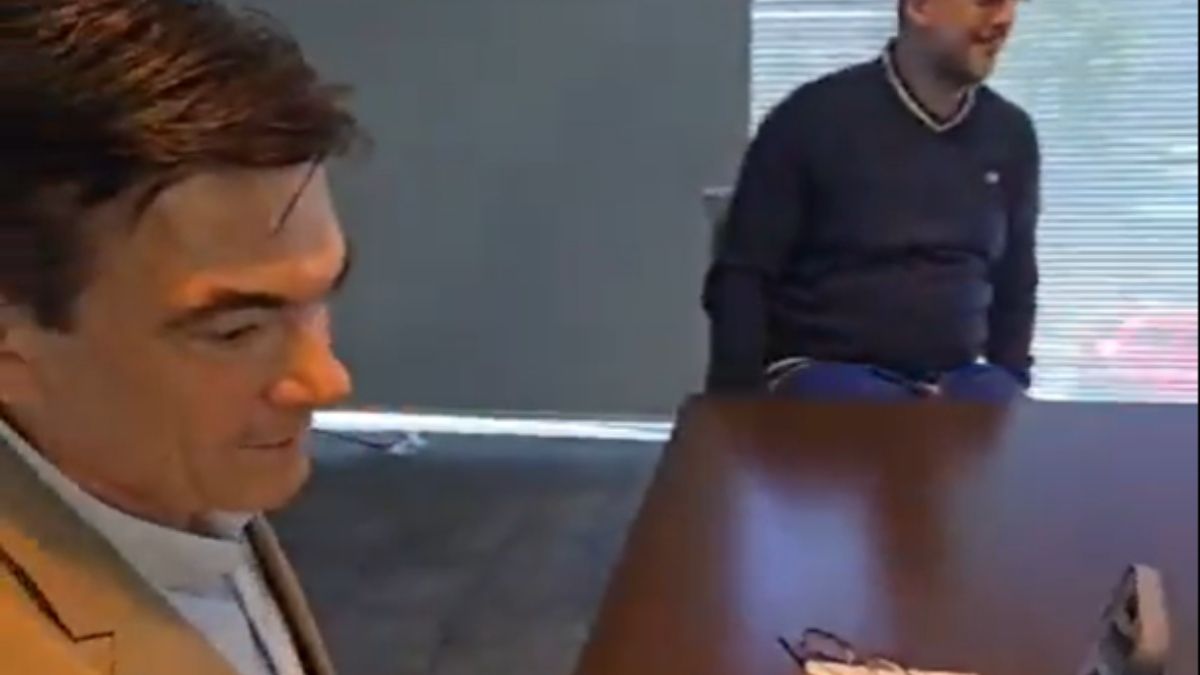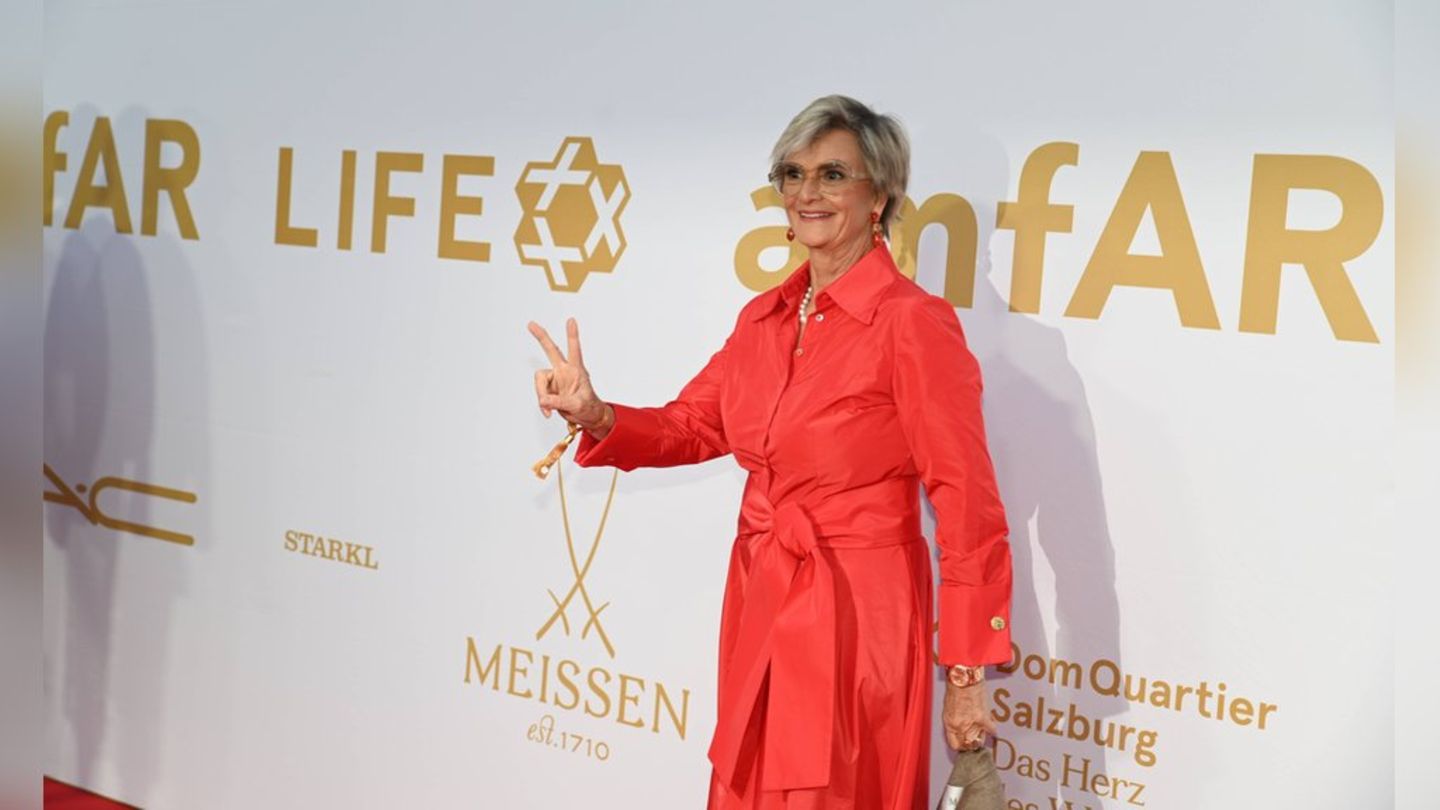“I was stunned,” said Ferdinand Lacina, looking back on the nationalization crisis that began in 1985 and was to shake nationalized Austrian industry for years to come. At the time, Lacina was finance minister in an SPÖ-led federal government and in November dismissed the entire board of VÖEST Alpine, above all the dazzling general director Heribert Apfalter.
In the 1970s and 1980s, under Federal Chancellor Bruno Kreisky, companies that had been nationalized after the Second World War were not least a means of employment policy. Firms had to support the goal of low unemployment by filling more jobs there than necessary. “Politicians had their fingers in everything. The state as the owner or its proponents believed they could get involved. Every little party secretary from any region cried out when an election was just around the corner,” said spokesman Wilhelm, who has since died Nitterl once about this time. Management positions were distributed according to the government constellation, especially in the old red-black proportional representation system.
problems for industry
At a time when the entire raw materials industry in Europe was coming under pressure, these little political games at the expense of business laws were like poison for companies like VÖEST or Amag. The Executive Board had little room for manoeuvre, the works councils were at least as powerful, the VÖEST section was (and still is) a relevant factor in Austrian social democracy. The companies wrote losses that were gigantic by the standards of the time and exceeded the pouvoir of individual banks.
The exits sought by management were either illegal or highly speculative or both. When selling anti-aircraft guns from Maschinenfabrik Noricum in Liezen (Gun Howitzer Noricum), which belongs to VÖEST, in the Middle East, war material law was violated with the backing of the Federal Government (“… do it, but do it under the Tuchent”), the following lawsuits against prominent managers and Politicians were led up until the 1990s.
The criminal entanglements were oddly Austrian and in any case without lasting success. At that time no chats were deleted, but important documents were burned on the barbecue grill.
Speculated with oil, part 1
The intertrading scandal that broke in November 1985 was the final straw. After the fall of the Shah of Persia, Intertrading, the trading house of VÖEST, did just as good oil deals with the Khomeini regime as with Nigeria. Management became hungry for more and started risky short sales, selling products in the future that you don’t even have yet. In 1985 there was speculation that oil prices would fall, but in fact the prices rose and brought horrendous losses to Intertrading. The then Federal Chancellor, Fred Sinowatz, initially tried to whitewash the scandal and spoke of a major setback. When it became known that the losses at VÖEST had already amounted to almost six billion schillings (414 million euros), the roof had long been on fire. The now deceased Intertrading boss was sentenced to seven years in prison.
Prior to this, Chemie Linz, the successor to the nitrogen works, had taken a liking to the speculators of Intertrading and had begun to speculate with crude oil.
Speculated with oil, part 2
“Back then, 90 billion schillings were traded. You have to be naïve to believe that the government knew nothing about the huge speculation,” recalled the long-time sales manager and deputy in 2011. Works council chairman Dietger Schön in the OÖ Nachrichten. Merx, the trading subsidiary of Chemie Linz, also fell flat on its face with its speculations. This cost the former Apfalter general secretary Richard Kirchweger, who had been appointed VÖEST boss by finance minister Lacina at the suggestion of works council chief Franz Ruhaltinger, his job back in February 1986.
reason for a turning point
The nationalization crisis clearly showed how political influence on a company on the one hand and uncontrolled speculation on the other can lead an industry to the brink of collapse. But it was also an occasion for a turning point. Political influence was reduced under the Social Democrat Peter Strahammer. VÖEST Alpine became three groups. Böhler and Industrieanlagenbau (VAI) were outsourced and jobs were lost. VAI became part of VA Tech, which in turn was sold to Siemens and split up. The former VAI now operates under Primetals with Japanese owners at the old location next to voestalpine. The stainless steel specialist Böhler-Uddeholm was bought back in 2007 for EUR 1.8 billion and is now a division of voestalpine.
Strahammer began to privatize the Linz steel group, listed it on the stock exchange and made it a little more independent. Full privatization threatened to fail again due to political influence. In 2003, shortly before the state elections, word got out that voestalpine was to be sold to Magna. Finance minister at the time was Karl-Heinz Grasser, a former Magna employee.
The sale of voestalpine was then prevented. An Upper Austria consortium was also formed with the support of the OÖ Nachrichten, which also secured a large number of shares and voting rights for the employees and protected the group from takeovers.
voestalpine left Intertrading long ago. It is now owned by former managers and other investors.
Part 8, January 4th: The dot-com bubble in 2000: A loss for many small investors
Left
Part 1: How tulips became an object of speculation
Part 2: How speculators lost money on the railroad
Part 3: “Black Friday” on the stock exchange
Part 4: When a loaf of bread cost more than a thousand kronor
Part 5: The Great Depression of the 1930s
Part 6: The oil price shock of 1973
Part 7: The nationalization crisis of 1985/86
Part 8: Dot-com bubble 2000
Part 9: The real estate and financial crisis of 2007-2009
Part 10: The Euro Sovereign Debt Crisis 2010-2012
Part 11: What have we learned from the crises?
more from economy
Four percent unemployed in Upper Austria: Only Salzburg is better
“Turn every stone”: Sports retailer XXL withdraws from Austria
Lowest unemployment rate since 2008
XXXLutz has taken over 92.7 percent of Home24 shares
Deputy Editor-in-Chief, Head of Economics
d.mascher@nachrichten.at


My themes
For your saved topics
found new items.

info By clicking on the icon you add the keyword to your topics.
info
Click on the icon to open your “My Topics” page. They have of 15 tags saved and would have to remove tags.
info By clicking on the icon you remove the keyword from your topics.
Add the theme to your themes.
Source: Nachrichten



